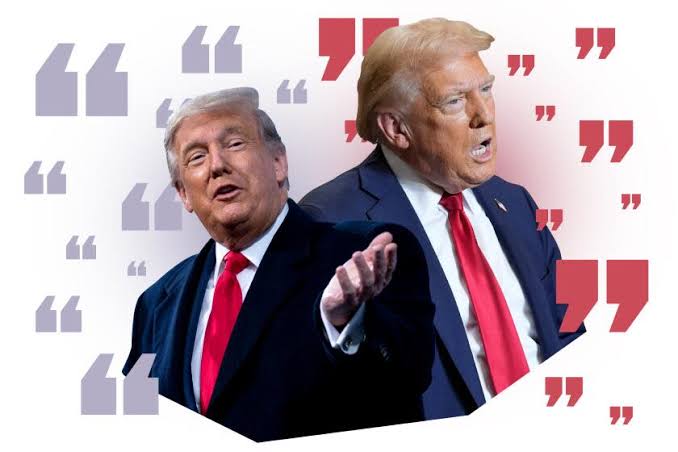In a fiery and candid statement shared via his Twitter account (now X), Donald Trump, the incoming President of the United States, addressed the intensifying conflict in Syria. His remarks touched on the dramatic advances made by opposition fighters, the limitations of Russian influence, and what he sees as a historical misstep by the Obama administration.
According to Trump, the opposition forces have launched a highly coordinated and unprecedented offensive, successfully taking over numerous cities and now positioning themselves on the outskirts of Damascus. This move, he noted, suggests they are preparing for a decisive attempt to overthrow President Bashar al-Assad’s regime.
Trump pointed to Russia’s diminished ability to intervene, citing their heavy losses in Ukraine. “Russia seems incapable of stopping this literal march through Syria, a country they have protected for years,” he remarked, adding that the toll of the Ukraine conflict, with over 600,000 Russian soldiers reportedly lost, has left Moscow overextended and unable to sustain its military commitments elsewhere.
But Trump’s critique extended beyond current events, as he turned his attention to the past. He revisited President Obama’s handling of Syria, particularly the infamous “red line” moment, when the Obama administration failed to act after Assad reportedly crossed the chemical weapons threshold. Trump argued that this failure paved the way for Russia to step in and assert its influence, primarily to embarrass the U.S. “There was never much of a benefit in Syria for Russia, other than to make Obama look really stupid,” Trump quipped.
In his characteristic straightforward style, Trump suggested that the apparent decline of Russian and Assad control might ultimately work in their favor, remarking, “It may actually be the best thing that can happen to them.” However, he was unequivocal in his assessment of the conflict’s relevance to America. “Syria is a mess,” Trump said. “It’s not our friend, and THE UNITED STATES SHOULD HAVE NOTHING TO DO WITH IT. THIS IS NOT OUR FIGHT. LET IT PLAY OUT.”
Trump’s comments reflect a deeply ingrained philosophy: that America must avoid unnecessary entanglements in foreign conflicts. His stance resonates with his broader “America First” agenda, which emphasizes focusing resources and attention on domestic issues rather than engaging in overseas conflicts that do not directly serve U.S. interests.
At a time when international tensions are mounting, Trump’s message is both a critique of past foreign policy and a call for prudence in the future. Whether or not his perspective will shape the U.S. response remains to be seen, but it offers a clear vision of his priorities as he prepares to assume office once again.
Anthony Emeka Nwosu




